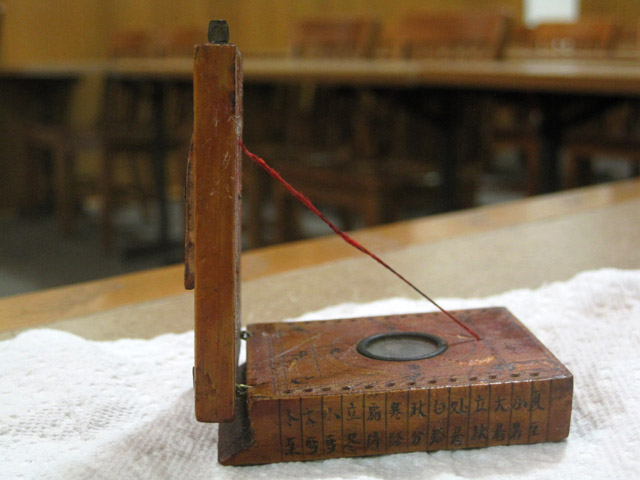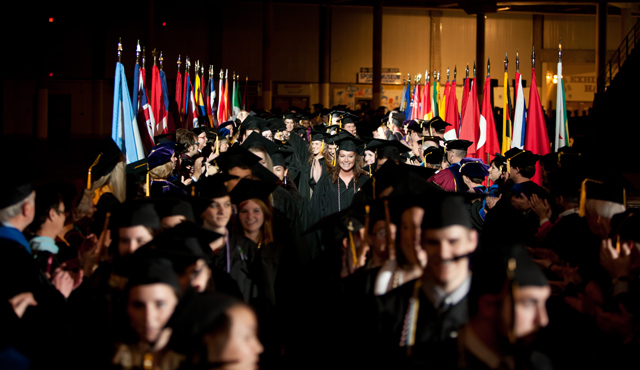Page 195 • (2,621 results in 0.097 seconds)
-
terms. There may be more days for courses in the summer and January terms. Summer 2024 3 credits GNUR 701 Foundations of Scholarly Writing & Communication (2) GNUR 702 Advanced Practice Roles & Collaboration (1) Fall 2024 10 credits GNUR 703 Theoretical Foundations & Evidence-based Practice (3) GNUR 710 Advanced Patho (3) GNUR 711 Advanced Pharm (3) GNUR 712 Advanced Pharm Discussion (1) January 2025 2 credits GNUR 704 Pop Health, Policy, & Politics (2) Spring 2025 10 credits GNUR 705 Information
-
be more days for courses in the summer and January terms. Summer 2024 3 credits GNUR 701 Foundations of Scholarly Writing & Communication (2) GNUR 702 Advanced Practice Roles & Collaboration (1) Fall 2024 10 credits GNUR 703 Theoretical Foundations & Evidence-based Practice (3) GNUR 710 Advanced Patho (3) GNUR 711 Advanced Pharm (3) GNUR 712 Advanced Pharm Discussion (1) January 2025 2 credits GNUR 704 Pop Health, Policy, & Politics (2) Spring 2025 10 credits GNUR 705 Information Systems
-
Scholarly Writing & Communication (2) GNUR 706: Biostatistics, Analytical Methods, & Epidemiology (3) GNUR 702: Advanced Practice Roles & Collaboration (1) Fall 2024 6 credits GNUR 703: Theoretical Foundations & Evidence-Based Practice (3) GNUR 707: Quality Improvement & Research Methods (3) January 2025 5 credits GNUR 704: Pop Health, Policy, & Politics (2) GNUR 708: Leadership & Resource Management (3) Spring 2025 6 credits GNUR 705: Information Systems & Patient Care Technology (2) GNUR 795: Project
-
and the student create a learning agreement that serves as the syllabus/contract for the course. It specifies: The number of credit hours for the course (calculated with the formula of nine hours of work per week for an entire semester for a four-credit course) The defined period for the independent study (may not be an open-ended process.) Dates for regular meetings between the student and faculty sponsor The reading, research, writing, and appropriate other activities to be carried out The
-
Locating relevant sources is only one step of the research process, but for many students, it’s the end goal. By shifting the focus away from sources as containers of information, the act of locating sources is reframed as one step in a process that changes constantly as more information is gathered and as you learn more about what you are writing. To the seasoned researcher, a source of information will provide details about the context in which the source was created, the process through
-

artifact that was brought in and recorded notes in their notebooks. The class is looking into the history of the artifacts that were brought in and will be helping the owners figure out what exactly they have. One person brought in a weight that was used to hold down fishing nets. The hole in the middle was carved out using only rocks. Another person brought in something that looked like it may have been a compass. The writing on it looked Chinese and looked like it may have been used at sea. Other
-
their ability to respond to the crisis effectively. Several students wondered why the Chinese commissioner in charge of dealing with the opium crisis seemed to spend more time writing poetry than communicating with the emperor. In the end, a panel of student judges made up from visiting Chinese champs and PLU students handed the victory to the team that argued that China was responsible for the war. After the debate, which was initiated and sponsored by PLU’s China Studies Program, the students
-
of the media, including reporting, writing, layout design printing, advertising, photography, editorial decisions, circulation, production, videotaping, recording, and editing. Assume full responsibility for any material published or aired, and address any complaints filed against the media outlet. In conjunction with the advisor and University appropriate officials, prepare and issue requests for contractual bids for equipment and service. Be responsible for the accuracy, completeness, and
-
International Education in Peacebuilding Search for Common GroundThe Common Ground Blog - Divided We FallA commitment to the power of grassroots citizen-generated conflict prevention and peacebuilding has defined Mr. Idriss’s life’s work. Even as a senior with a major in Economics and Philosophy at Swarthmore College, he demonstrated his passion for conflict prevention writing an undergraduate thesis on the topic of “Track II Diplomacy and International Conflict Prevention.” Track II diplomacy, writes
-

in English literature Why PLU? After taking a tour, I was convinced. PLU felt like home. I was excited about the Wild Hope Project, International Honors, and the small class size. I sat in on a class and the professor knew everyone’s name and the class itself was a space where people could come together as valued intellectuals on a common search for more knowledge. There was no feel of hierarchy, just a shared passion for learning. That’s exactly what I wanted out of my collegiate experience
Do you have any feedback for us? If so, feel free to use our Feedback Form.


